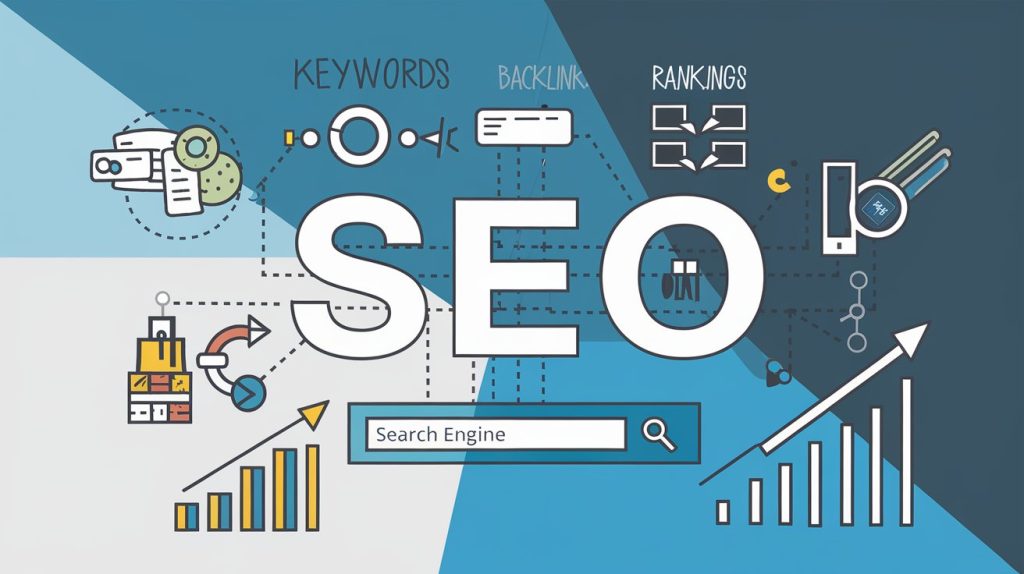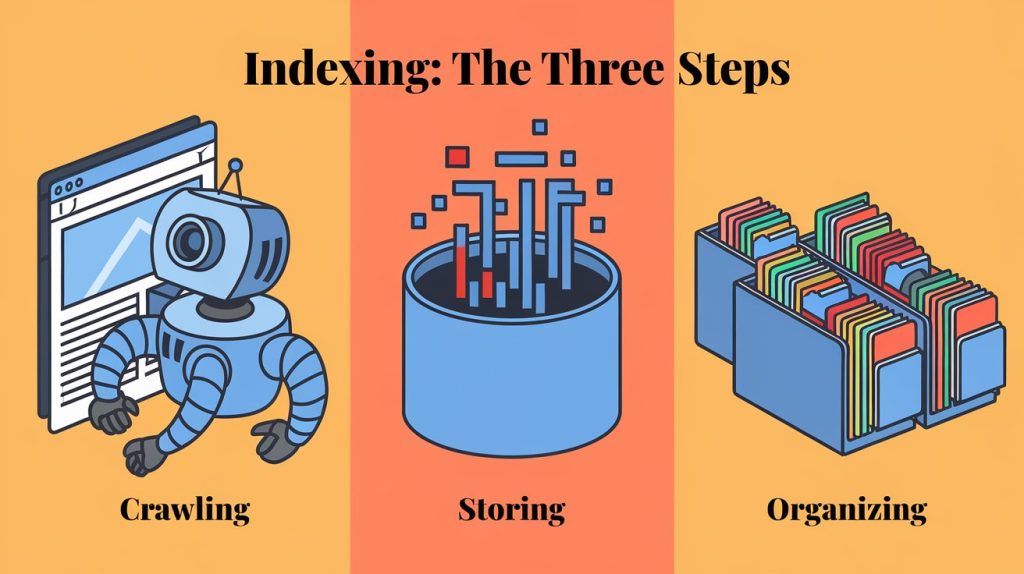Table of Contents
ToggleSEO Terminology Explained: Key Terms Every Beginner Should Know
In the expansive realm of digital marketing, Search Engine Optimization (SEO) plays a crucial role in driving online success. But for beginners, the abundance of jargon and technical terms can feel overwhelming.
If you’ve ever been confused by terms like “keywords” or “backlinks,” you’re not alone. Understanding SEO terminology is essential to mastering the art of ranking higher on search engines like Google, and in this blog, I’ll break down the key terms every beginner should know—clearly and simply.

What is SEO?
Before diving into the nitty-gritty, let’s start with the basics. SEO stands for Search Engine Optimization, and it refers to the practice of enhancing your website to make it more visible on search engine results pages (SERPs).
The higher your website ranks on these pages, the more likely you are to attract organic traffic, which means visitors who find your site without paid advertising. Whether you’re a business owner or a content creator, understanding SEO is crucial for building your online presence.
Core SEO Terms You Should Know
1. On-Page SEO
This refers to the strategies you can implement directly on your website to improve its ranking. It includes elements like meta tags, headings, and keyword optimization.
For example, ensuring that your target keywords are placed in your blog titles, subheadings, and throughout the content (in a natural way) is a key part of on-page SEO.
2. Off-Page SEO

Unlike on-page SEO, this involves actions taken outside your website to improve its ranking. Think of backlinks (links from other websites to yours) and social signals (shares, likes, comments).
Earning quality backlinks from authoritative sites indicates to search engines that your content is reliable and valuable.
3. Keywords

Keywords form the foundation of SEO. These are the specific words or phrases people type into search engines. Effective keyword research involves identifying the terms most relevant to your content or business and integrating them into your site.
Long-tail keywords (e.g., “best yoga poses for beginners”) are more specific and often less competitive, making them a goldmine for SEO beginners.
4. SERP (Search Engine Results Page)
When you Google something, the list of results that appears is called a SERP. It’s essential to know the difference between organic (non-paid) and paid results.
Organic results are achieved through SEO, while paid results are part of PPC (Pay-Per-Click) advertising.
5. Backlinks
A backlink serves as an endorsement from one website to another. The more quality backlinks your website has, the more search engines will trust it and rank it higher.
Not all backlinks are created equal though—focus on earning links from reputable, high-authority websites.
6. Meta Title & Meta Description
Your meta title and meta description are what users see on SERPs. They play a crucial role in getting people to click on your link. An optimised meta title includes your main keyword and clearly describes the content of the page.
The meta description is a short summary that also helps with SEO and entices users to visit your page.
7. Alt Text
This refers to the text description of an image on your website. Search engines can’t “see” images like we do, so they rely on alt text to understand what an image is about.
This not only enhances SEO but also improves accessibility for users with visual impairments.
8. Anchor Text
When you hyperlink a word or phrase to another webpage, that clickable text is called anchor text. Using keyword-rich anchor text can help both search engines and users understand what the linked page is about.
9. Bounce Rate
Your bounce rate represents the percentage of visitors who leave your site after viewing just one page.
A high bounce rate might indicate that your content isn’t engaging enough or that visitors aren’t finding what they’re looking for.
10. Organic vs. Paid Traffic
It’s important to differentiate between organic traffic and paid traffic. Organic traffic comes from unpaid sources (primarily through SEO), while paid traffic comes from advertisements (e.g., Google Ads).
While both can be valuable, organic traffic tends to be more sustainable in the long run.
11. Crawling, Indexing & Ranking

Search engines use bots to crawl your website and collect data. They then index it, storing your site in a massive database. Finally, based on factors like relevancy and content quality, they rank your website on the SERP.
The goal is to optimise your site so it ranks as high as possible for your target keywords.
12. Sitemap
A sitemap is essentially a roadmap of your website that helps search engines understand the structure of your content. Having an optimised sitemap makes it easier for search engines to crawl and index your site.
13. Domain Authority (DA)
Your website’s Domain Authority is a score (out of 100) that predicts how likely it is to rank in search results. The higher your Domain Authority (DA), the more likely your site will rank well in search results.
14. Content Optimization
Content is king in SEO, but it’s not just about writing. It’s about optimising your content with keywords, meta tags, and internal links to make it as SEO-friendly as possible. High-quality, valuable content is rewarded by both users and search engines.
15. Local SEO
If you run a local business, local SEO is crucial for getting found by people in your area. This involves optimising your website to appear in local search results (e.g., “best coffee shops near me”).
Additional SEO Jargon Worth Knowing
Here are a few more quick terms worth understanding:
- CTR (Click-Through Rate): The percentage of people who click on your link after seeing it in the SERP.
- PPC (Pay-Per-Click): A type of online advertising where you pay each time someone clicks on your ad.
- URL Structure: How your website’s URLs are formatted, which can affect SEO.
- Robots.txt: Its a file that directs search engines on which pages of your website should be crawled and indexed.
Why Understanding SEO Terminology Matters
Understanding these terms is like learning the language of SEO. It helps you better communicate with others in the digital marketing space, and most importantly, it gives you the tools to optimise your website effectively.
By applying these concepts, you’ll not only improve your rankings but also your overall understanding of how search engines work.
Conclusion
Learning SEO terminology is just the beginning of your journey toward improving your online presence. Whether you’re just starting or looking to refine your skills, staying updated with SEO practices is essential.
For more tips, insights, and deep dives into digital marketing, check out my blog at Hellomithun.com, where I share practical strategies to help you grow in the world of SEO.
Share this post: on Twitter on Facebook on LinkedIn
